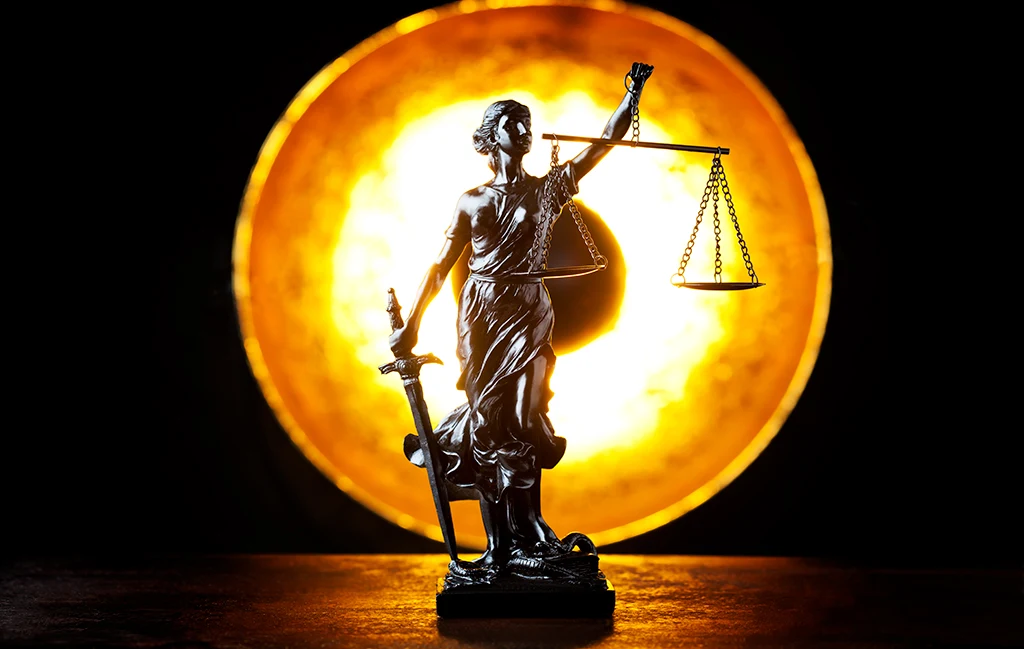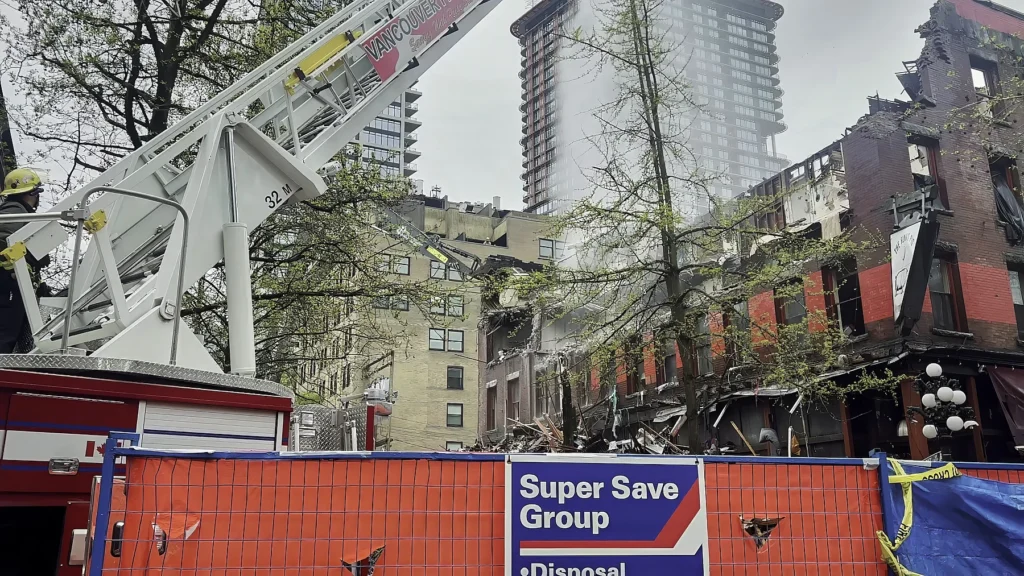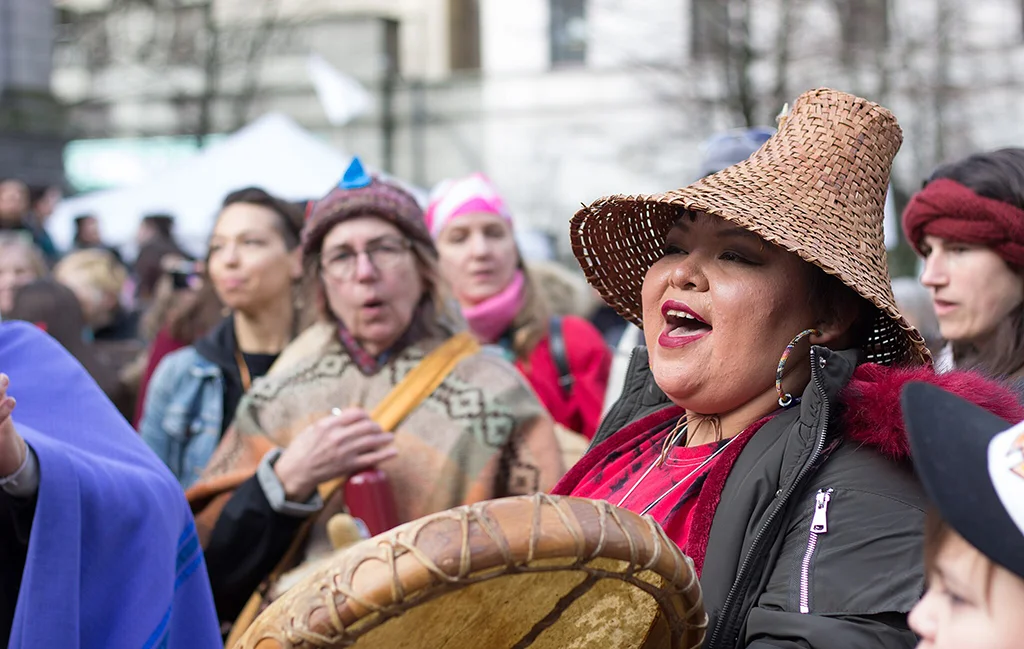Despite Canada’s reputation for having one of the world’s most robust justice systems, it’s not immune to mistakes. When the system fails, the consequences are devastating—not only for the wrongfully convicted but also for victims and society at large. Bill C-40, known as the David and Joyce Milgaard Law, seeks to rectify this by speeding up the conviction review process and removing it from the hands of the federal Ministry of Justice. But as the next federal election looms, many fear this long-awaited reform may not pass in time.
Why Canada Needs an Independent Conviction Review Commission
In Canada, the power to review wrongful convictions currently rests with the federal Minister of Justice. However, this system is plagued by delays, leaving potentially innocent individuals to languish behind bars for years. Bill C-40 aims to change that by establishing an independent, publicly funded Conviction Review Commission. This body would expedite the review process, making it easier for those wrongfully convicted to have their cases revisited without relying on a politically driven ministry.
Ron Dalton, president of Innocence Canada and himself a victim of a wrongful conviction, argues that the current system is far too slow. “Our applications have ticked up,” Dalton said. “We’re reviewing more than a hundred possible wrongful conviction cases, but it takes years to get them into court.” Dalton knows the struggle all too well—exonerated after spending eight years in prison for a crime he didn’t commit, he now advocates for faster pathways to justice.
While the introduction of Bill C-40 is a step in the right direction, the clock is ticking. With a federal election on the horizon, there are growing concerns that the bill might die before it becomes law. Former Ontario Supreme Court judge Harry LaForme, who co-chaired meetings on Bill C-40, is pessimistic about its passage. “An election’s coming up, and I imagine that bill will die,” he lamented. LaForme’s concern is shared by many in the legal community, who believe that a properly funded independent commission is essential to addressing wrongful convictions more effectively.
The Milgaard Case and Beyond
Bill C-40 is named after David Milgaard, one of Canada’s most notorious cases of wrongful conviction. In 1970, Milgaard was wrongfully convicted of the rape and murder of Gail Miller in Winnipeg. He spent 23 years in prison before being exonerated. His story serves as a tragic reminder of the high stakes involved when the justice system gets it wrong.
Milgaard’s case is just one of many. Since 1993, Innocence Canada has helped exonerate 29 people who were wrongfully convicted. These are not just numbers—they are lives torn apart by a system that failed them. Take the case of Allan Woodhouse and Brian Anderson, two Ojibwe men from Manitoba who were convicted of murder in 1974. They spent nearly 50 years fighting for justice before being acquitted in 2023. Anderson, of the Pinaymootang First Nation, spent decades writing letters from prison, seeking someone to review his case. “It takes too long,” he said. “I know there are people inside like me.”
Their case underscores the importance of reforming the wrongful conviction review process. Currently, Innocence Canada only accepts cases where all appeals have been exhausted, often focusing on murder convictions due to the gravity of the crimes and the complexity of proving innocence. However, the wait for justice can be excruciatingly long.
The Challenges Facing Canada’s Justice System
While Bill C-40 offers hope, the broader justice system is under significant strain. Wrongful convictions have devastating consequences, as pointed out by Johnathan Rosenthal of the Law Society of Ontario. “They destroy lives,” he noted, emphasizing the importance of organizations like Innocence Canada in offering hope to those who have been failed by the system.
In particular, marginalized communities, especially Indigenous and Black Canadians, are disproportionately represented among those wrongfully convicted. Justice Minister Arif Virani highlighted this issue, noting that while these groups are overrepresented in the criminal justice system, they are underrepresented in receiving remedies for wrongful convictions. “The system is not designed to admit its mistakes,” Virani said, commending Innocence Canada’s work in bringing attention to these miscarriages of justice.
The Downtown Eastside (DTES) of Vancouver is a stark example of where the justice system often intersects with issues of poverty and addiction. This neighbourhood, long plagued by social problems, has also been a focal point for crime. The late Robert Pickton, convicted of killing six women from the DTES, remains a chilling figure in Canada’s criminal history. Pickton himself once sought help from Innocence Canada, claiming he didn’t kill all the women. However, Innocence Canada, dedicated to helping the wrongfully convicted, focuses on those truly innocent, not notorious killers like Pickton.
Pickton’s case highlights the delicate balance that organizations like Innocence Canada must maintain in their work. While the DTES and its challenges bring the complexities of criminal justice to the forefront, the fight for justice must remain focused on those who have been wrongly accused, not on criminals looking to manipulate the system.
Will Bill C-40 Pass?
The hope for Bill C-40 lies in its promise to reform a deeply flawed system, ensuring that wrongful convictions are addressed more swiftly and justly. But as the federal election approaches, the future of the bill is uncertain. Despite support from many in the legal community and organizations like Innocence Canada, political realities could derail its progress.
What is clear, however, is that Canada’s justice system needs reform. The introduction of an independent Conviction Review Commission would be a significant step in the right direction. Such a body would streamline the process of reviewing wrongful convictions, providing much-needed relief for those who have suffered under a system that is often too slow to acknowledge its mistakes.
For now, the fate of Bill C-40 remains in the hands of Parliament. If passed, it could provide a lifeline for individuals who have been wrongfully convicted, helping them reclaim their lives and restore their dignity. If it fails, however, the justice system will continue to be haunted by its mistakes—leaving many behind bars, forgotten and silenced.
Do you think Canada’s justice system is doing enough to address wrongful convictions? Should Bill C-40 be prioritized before the next election? Share your thoughts below.
Glenn is dedicated to scrutinizing government actions affecting the Downtown Eastside and holding those in power accountable for their commitments. With a focus on transparency and policy analysis, his writing aims to expose gaps between promises and outcomes, pushing for meaningful changes that benefit the community.






Leave a Comment